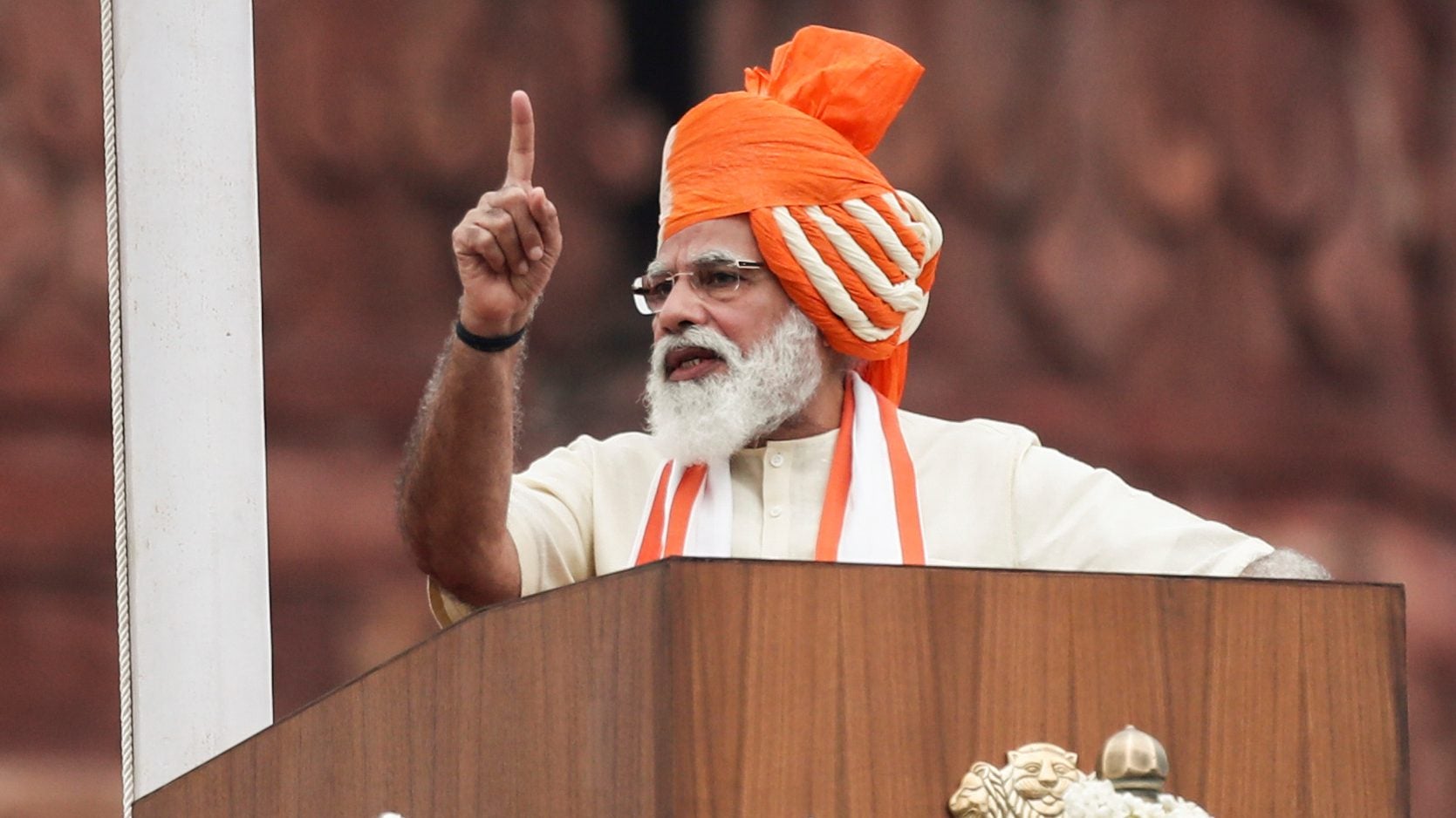The Modi government is filling its coffers by depleting those of state-owned companies
The Narendra Modi government is solving one problem by creating another.


The Narendra Modi government is solving one problem by creating another.
At a time when the Indian government’s revenues are low and it needs to increase spending to battle the Covid-19 pandemic, it is banking on state-owned companies to meet its deficit. The center has reportedly told eight state-owned companies to buy back their shares, which will help the government—the largest shareholder in these companies—raise funds as it can tender its shares for cash.
In addition, the government has also asked these companies to dole out dividends each year so it makes money on the stake it holds.
While this move could help fill the government’s depleting coffers, the companies could suffer in the long-run as they could have instead used this cash to invest in their businesses, or just keep it as a buffer for tough times.
Share buybacks and dividends
This isn’t a new phenomenon, experts say. “The government needs to bridge the fiscal deficit and hence doesn’t allow companies to skip dividends. On many occasions, the government has nudged companies to declare a higher dividend than what they should be paying just to bridge the fiscal deficit,” said Sunil Damania, chief investment officer at data analysis firm MarketsMojo.com.
State-owned firms, also known as public sector units (PSUs), bought back shares worth Rs40,276 crore ($5.37 billion) between the financial years 2016 and 2020 (April-March), according to data compiled by MarketMojo.
Dividend payouts—which are optional for all listed companies in India—have also been handsome in the case of PSUs.
The dividend payout ratio, which shows how much of their profits companies part with each year as dividends, reveals that PSUs have been dipping into their cash reserves to pay dividends. For example, in the last financial year, Indian Oil Corporation, Bharat Petroleum, and National Aluminum paid its shareholders more than the net profits they earned.
These moves, coupled with the government’s intention to disinvest stakes in some of these PSUs in the future, could prove to be a double whammy for these companies.
PSU shares
Unlike in the US, high dividend yields and buybacks don’t make companies attractive to retail or institutional investors in India. “If the money goes out of the business (through dividend or buyback), which needs to be re-invested, then the value of a business drops,” a mutual fund manager told Quartz requesting anonymity. “So, this isn’t good for you as an investor as the dividend doesn’t cover the loss in valuation.”
Now, with the government trying to raise funds in some of these PSUs by selling its stake, there could be an oversupply of shares of these companies, which will lead to a fall in their prices.
This is neither good for the government nor for retail and institutional investors.
“PSU stocks are trading significantly below fair value as the government has been following a wrong policy of selling its own stake in a piecemeal manner. The government is frequently diluting its stake. This policy has led to the destruction of wealth for itself,” said Devarsh Vakil, deputy head, retail research, HDFC Securities.
So while dividends and buybacks may provide a quick fix in the short-run, these policies are surely hurting investors and companies in the long-run.